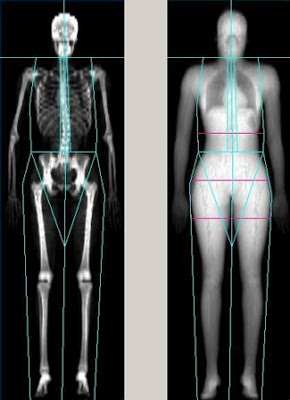The COVID-19 pandemic has had a powerful impact on the lives of all of us, and has resulted in weight gain for many people. There are so many reasons behind this (see prior blogs here and here and here), including lockdowns, eating due to stress/anxiety/loneliness, less access to physical activity, financial constraints limiting access to healthier foods, sleep disturbances, and increase in alcohol consumption. For people engaged in medical care for weight management, clinics went virtual literally overnight, jobs were lost (affecting health insurance coverage for medications and allied health support), and bariatric surgery programs came to a halt (and this has recurred more than once since then in many places).
An important study was recently published, to explore in more detail how the COVID-19 pandemic has impacted the clinical management of obesity. In this study, an online survey was conducted between June-October 2020, asking 1,089 Canadians living with overweight and obesity, as well as 980 people in Canada and USA recruited through obesity clinical services or patient organizations, about their experiences during the early months of the coronavirus pandemic.
Key findings include:
- 60% of people surveyed reported weight gain (average 5.7kg or 13lb) – remember, this is just in the early months of the pandemic
- 39% of people reported gaining more than 5% of their body weight, and 10% gained more than 10% of their body weight
- people at highest risk of weight gain were: younger people, people in higher weight categories, those who struggled with obtaining medical care during the pandemic, being hesitant to seek medical care, and those who struggled with eating.
Regarding medical care:
Most people felt that the ‘required’ medical care was adequately provided; on the other hand, the majority of respondents felt that health care professionals were unavailable, and felt unsatisfied with the obesity care they were provided. Those with higher weights felt that health care professionals did not prioritize obesity as an important condition to treat. These seemingly contradictory findings may reflect a sense that non-obesity care was provided, but that obesity was set on the back-burner of health priorities. Those who were engaged in weight management care were less dissatisfied, likely reflecting that they were by definition receiving obesity-specific treatment services.
Just over half of participants preferred in person care over virtual care. However, half of respondents felt that virtual care was an advantage, with telephone being preferred over video calls.
BOTTOM LINE: The coronavirus pandemic has resulted in weight gain for many, has negatively impacted patient care for obesity, and has interfered with weight management strategies on many levels. The challenges captured in this study may be just the tip of the iceberg, with further exacerbation of obesity as the pandemic continues. Management of obesity IS required care. Health care providers must prioritize treatment of obesity alongside other chronic medical conditions, helping individuals identify and address any barriers that may be presenting challenges in successful weight management.
Share this blog post using your favorite social media link below!
Follow me on twitter! @drsuepedersen
www.drsue.ca © 2022












